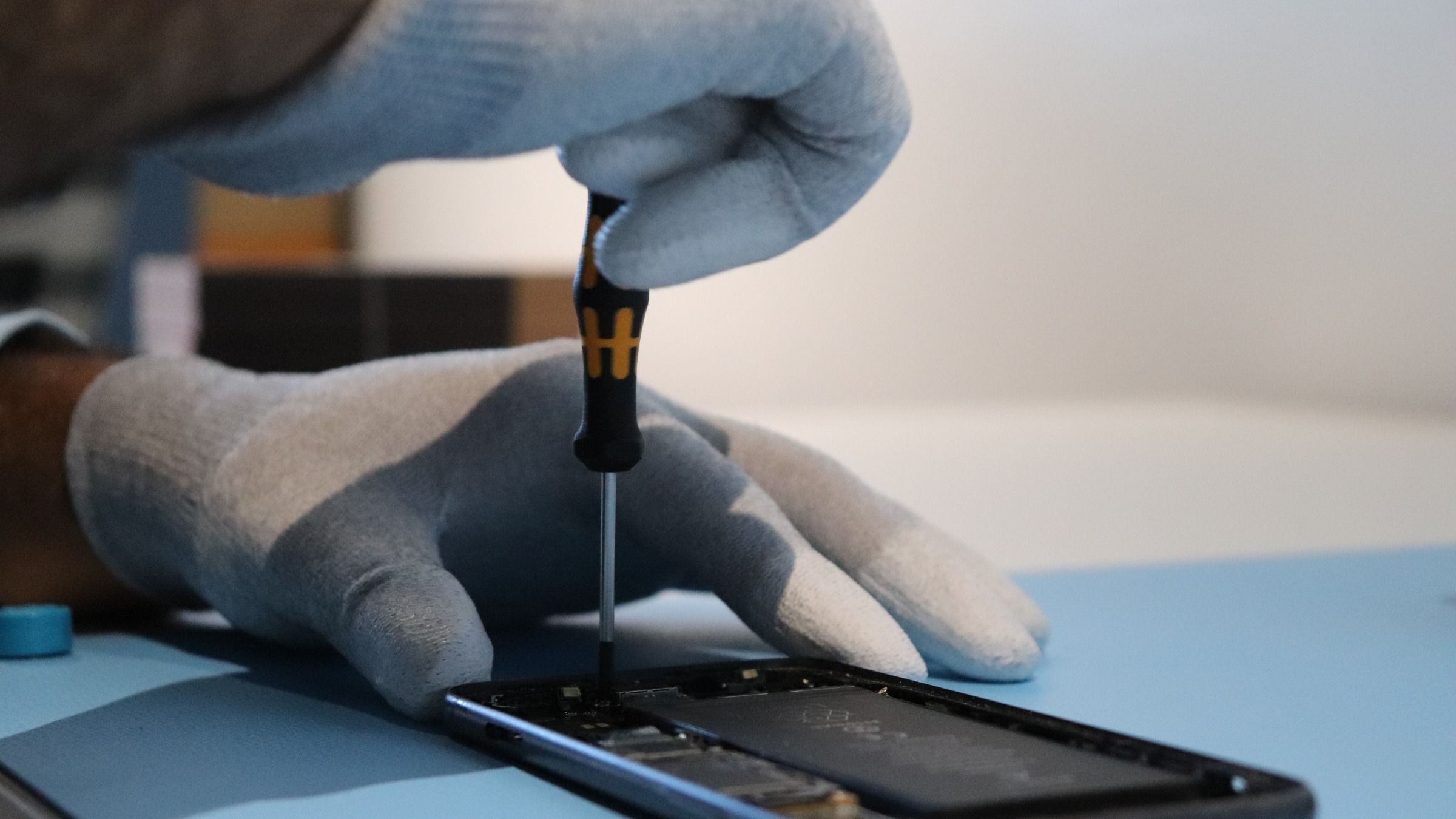The Future of Mobile Repairs: What you Need to Know in 2024!
29-01-2024 • Χρόνος ανάγνωσης: 3 min

The world of smartphones and tablets is constantly evolving. Almost everyone uses these mobile devices, making them nearly indispensable. This is good news for the repair industry. But what will happen in the future? As a repair professional, you might want to know what to prepare for. In this blog, you'll learn about potential changes that may occur in the future.
Modular Repairs
Starting from June 2025, the Right to Repair principle will be in effect in the European Union. This principle requires electronic products to be designed for a longer lifespan and better repairability. This promotes sustainability, making it essential for parts to be easily available and affordable for authorized repairers.
Companies like Fairphone are embracing this trend with modular repairs, allowing users to purchase specific parts and potentially replace them themselves to extend the lifespan of their devices. This initiative aims to reduce costs and it also encourages consumers to not replace their phones with new ones too quickly.
The shift towards modular repairs is an innovative approach to mobile repairs, making it easier to replace specific components. This not only makes repairs more affordable but also contributes to the reduction of electronic waste.
Abolition of VAT on Electronic Devices?
Techniek Nederland advocates for the abolition of VAT on electronic device repairs, making it more attractive for consumers to opt for repairs rather than buying new ones, including phones. The removal of VAT on electronic repairs will lead to an increase in consumers choosing repair over replacement for a malfunctioning device. A longer life for electronic equipment results in significant energy savings, reduced use of scarce raw materials, a smaller waste pile, and a decrease in greenhouse gas emissions.
Faster and Easier Repairs with AI and AR
Augmented Reality (AR) and Artificial Intelligence (AI) are widely discussed topics, even in the tech industry. Tech companies are exploring how to apply these technologies, and the repair industry is also considering the possibilities. Both technologies can enhance efficiency and precision in phone repairs.
AI can quickly diagnose issues, predict problems, and recommend optimal solutions by analyzing large datasets. On the other hand, AR can overlay digital information onto the physical world, allowing repair specialists to see complex parts and instructions directly on the device.
These technologies not only expedite the repair process but also provide more accurate and effective service. This increases customer satisfaction with phone repairs and contributes to reducing electronic waste by preventing phones from being discarded quickly.
Self-healing Materials
Researchers in India have previously developed hard and transparent material that is self-healing. It utilizes piezoelectric crystals that generate a charge under mechanical stress. This energy is then used to restore the crystal structure. So far, adding self-healing materials to products has been challenging due to complex manufacturing or limited applications, but as technology in this area advances, there may be changes in the future.
We hope these insights have provided you with an overview of potential changes and innovations in the field of mobile repairs. Stay tuned for more updates on the latest trends and developments in the world of mobile technology. If you have any questions or comments, feel free to let us know!
 EL
EL


















